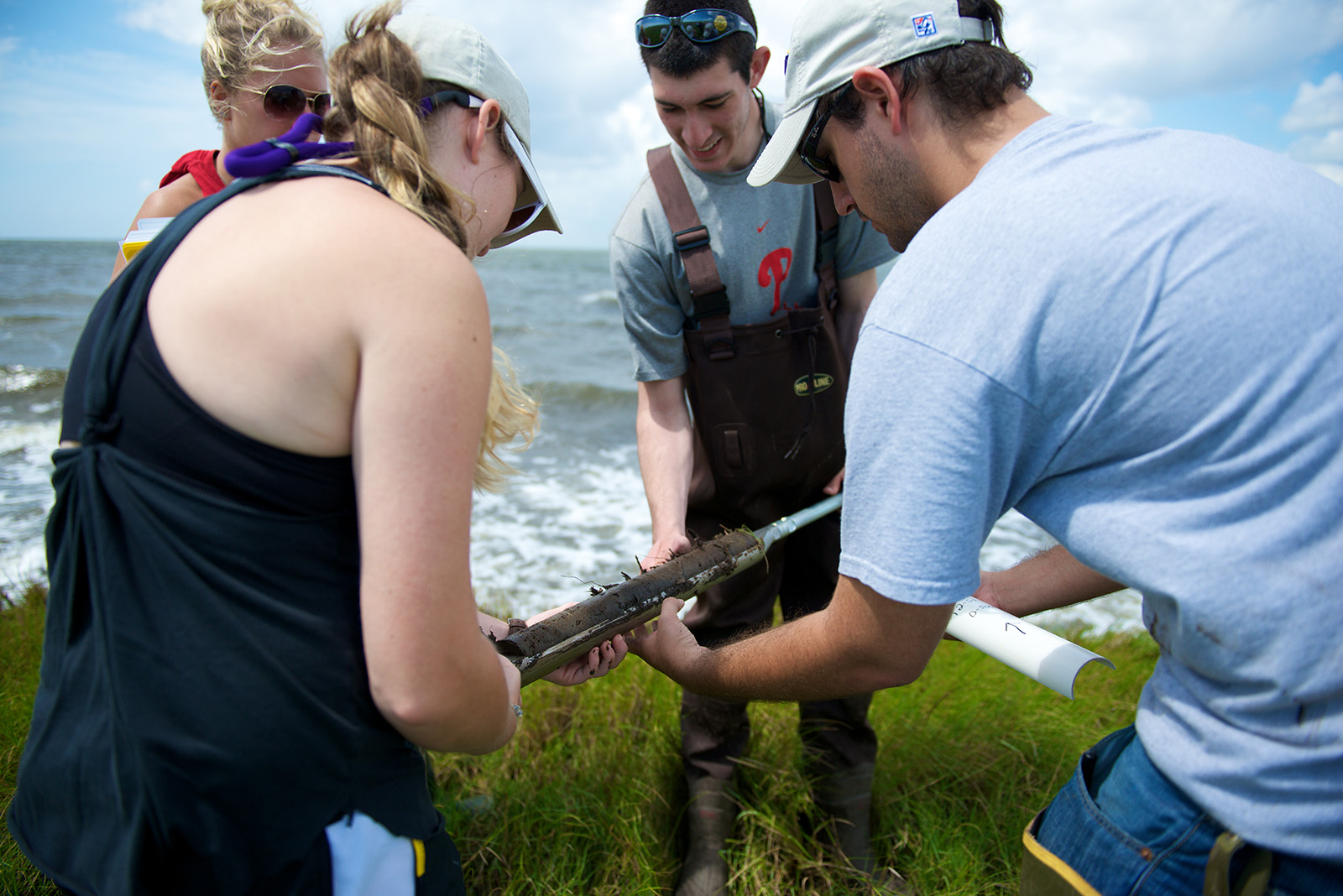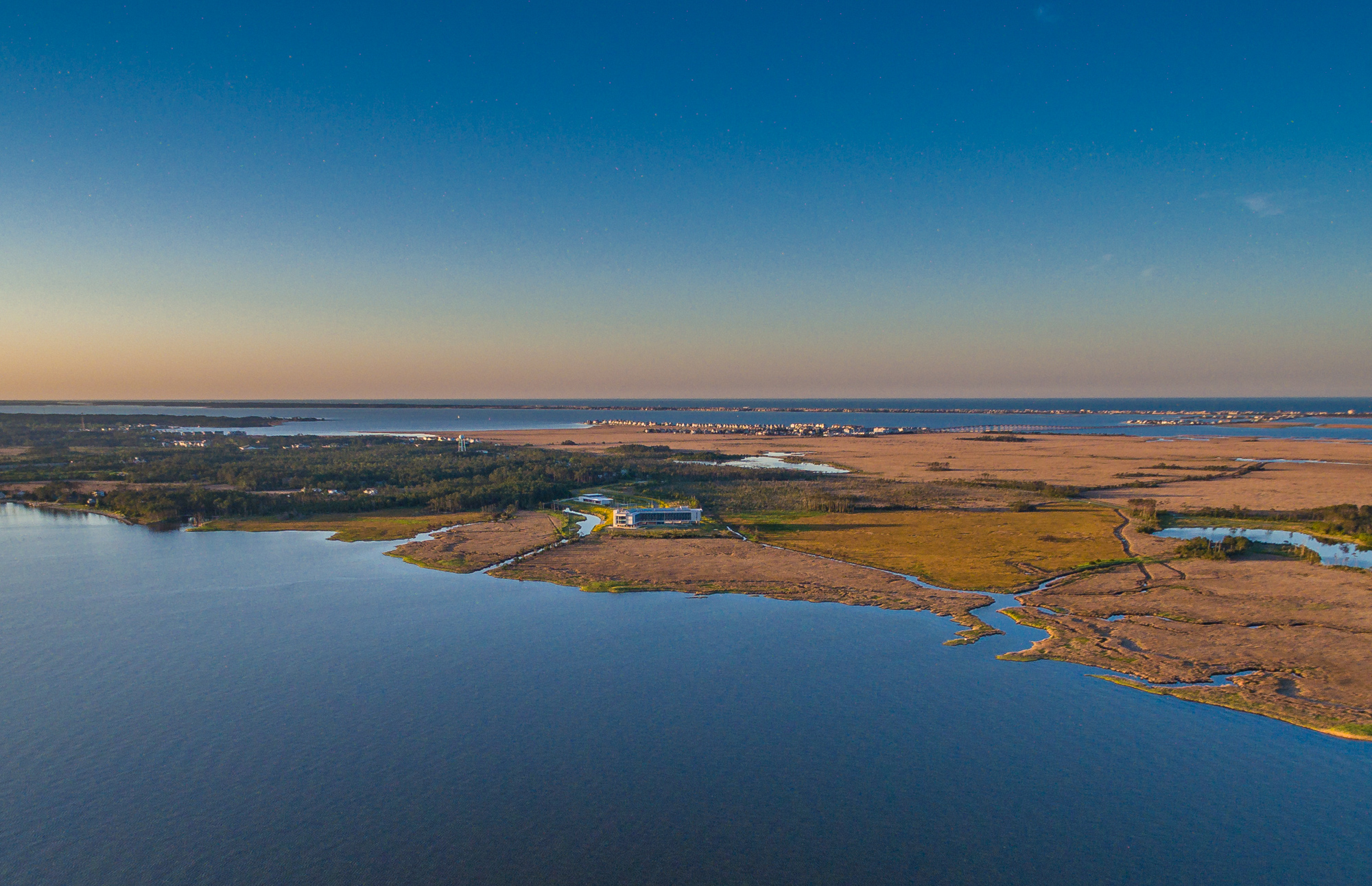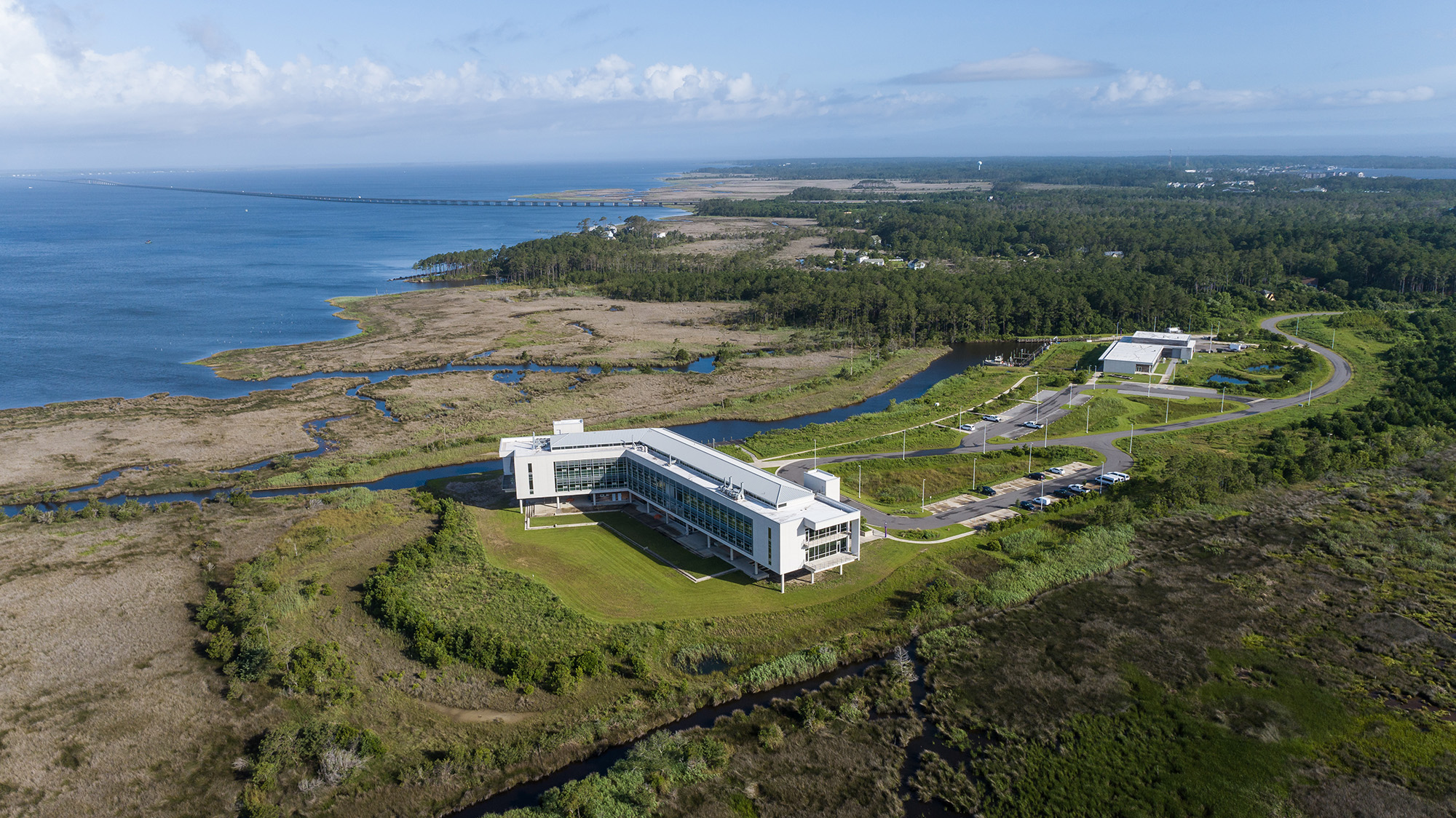Coastal Studies Institute
Who we are
Led by East Carolina University (ECU), The Coastal Studies Institute (CSI) is a multi-institutional research and educational partnership of the UNC System including North Carolina State University, UNC Chapel Hill, UNC Wilmington and Elizabeth City State University. The Coastal Studies Institute, located on the ECU Outer Banks Campus, focuses on integrated coastal research and education programming centered around the needs, issues, and concerns of coastal North Carolinians by bringing together the various disciplines of both the natural and social sciences.
Coastal Studies Institute Mission
To undertake research, offer educational opportunities, and provide community outreach that embraces the unique history, culture and environment of the maritime counties of northeastern North Carolina.

CSI Research, Education and Outreach
The research expertise of CSI span a variety of coastal disciplines including coastal dynamics, ecology, biology, economics, environmental geography, social and behavioral sciences, and engineering. The program uses an interdisciplinary approach and scientific advances to provide effective solutions to complex problems while helping coastal communities, ecosystems, and economies thrive.
Engagement is core to the mission and CSI has a robust outreach program with staff that are actively engaged with coastal communities through meaningful education offerings for the general public, life-long learners, and K-12 students and teachers.
ECU Outer Banks Campus
The Coastal Studies Institute is located on the ECU Outer Banks Campus on Roanoke Island. The campus site is adjacent to the Croatan Sound, part of the Albemarle-Pamlico estuarine system, the second-largest estuary in the United States. This LEED Gold-certified coastal campus spans 213 acres of marshes, scrub wetlands, forested wetlands, and estuarine ecosystems. Dr. Nancy White, founding director of CSI, played a pivotal role in the development, design, and completion of the coastal campus, which opened it’s doors in early 2013.
The campus, completed in 2012 and awarded the LEED Certification, demonstrates how architecture can seamlessly develop a relationship with the surrounding ecosystem. CSI was also awarded:
- 2014 Chicago Athenaeum International Architecture Award for Best New Global Design
- 2014 AIA Triangle Honor Award
- 2013 AIA North Carolina Honor Award
- 2013 USGBC North Carolina Sustainability Award




 Based at the Coastal Studies Institute (CSI), the North Carolina Renewable Ocean Energy Program (NCROEP) advances inter-disciplinary marine energy solutions across UNC System partner colleges of engineering at NC State University, UNC Charlotte, and NC A&T University. Click on the links below for more information.
Based at the Coastal Studies Institute (CSI), the North Carolina Renewable Ocean Energy Program (NCROEP) advances inter-disciplinary marine energy solutions across UNC System partner colleges of engineering at NC State University, UNC Charlotte, and NC A&T University. Click on the links below for more information. ECU's Integrated Coastal Programs (ECU ICP) is a leader in coastal and marine research, education, and engagement. ECU ICP includes the Coastal Studies Institute, ECU's Department of Coastal Studies, and ECU Diving and Water Safety.
ECU's Integrated Coastal Programs (ECU ICP) is a leader in coastal and marine research, education, and engagement. ECU ICP includes the Coastal Studies Institute, ECU's Department of Coastal Studies, and ECU Diving and Water Safety. The ECU Outer Banks campus is home to the Coastal Studies Institute.
The ECU Outer Banks campus is home to the Coastal Studies Institute.

